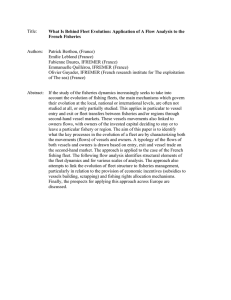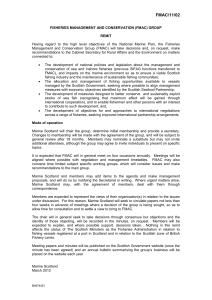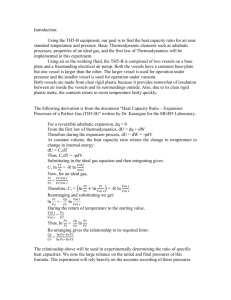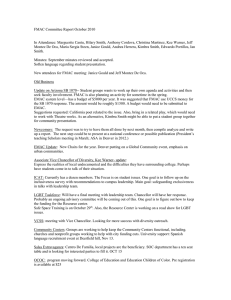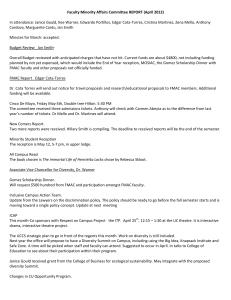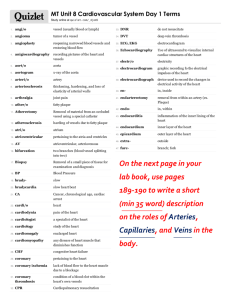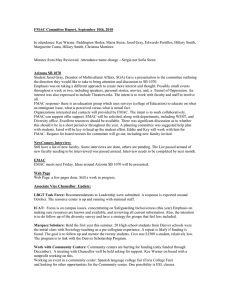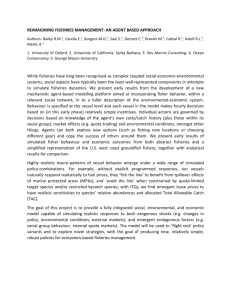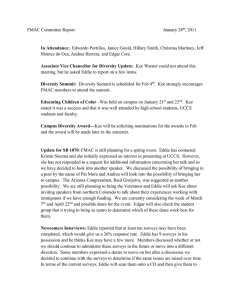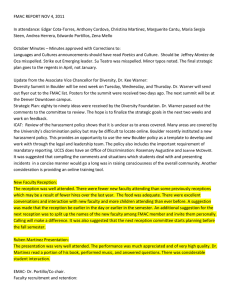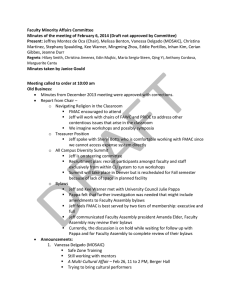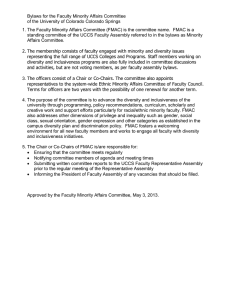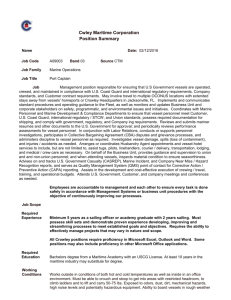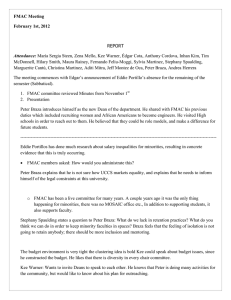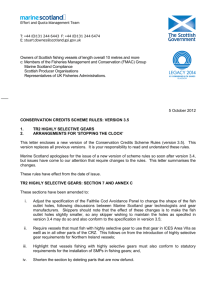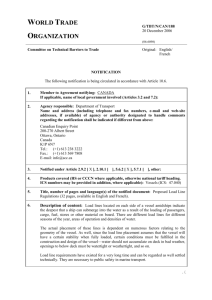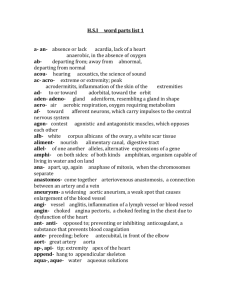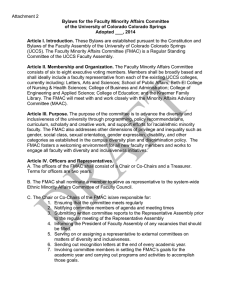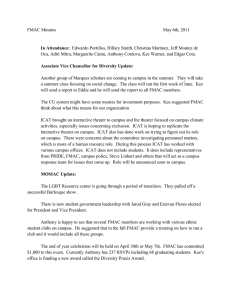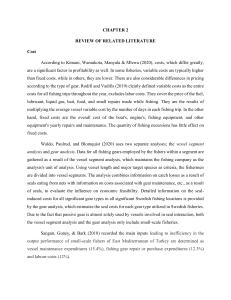Open
advertisement
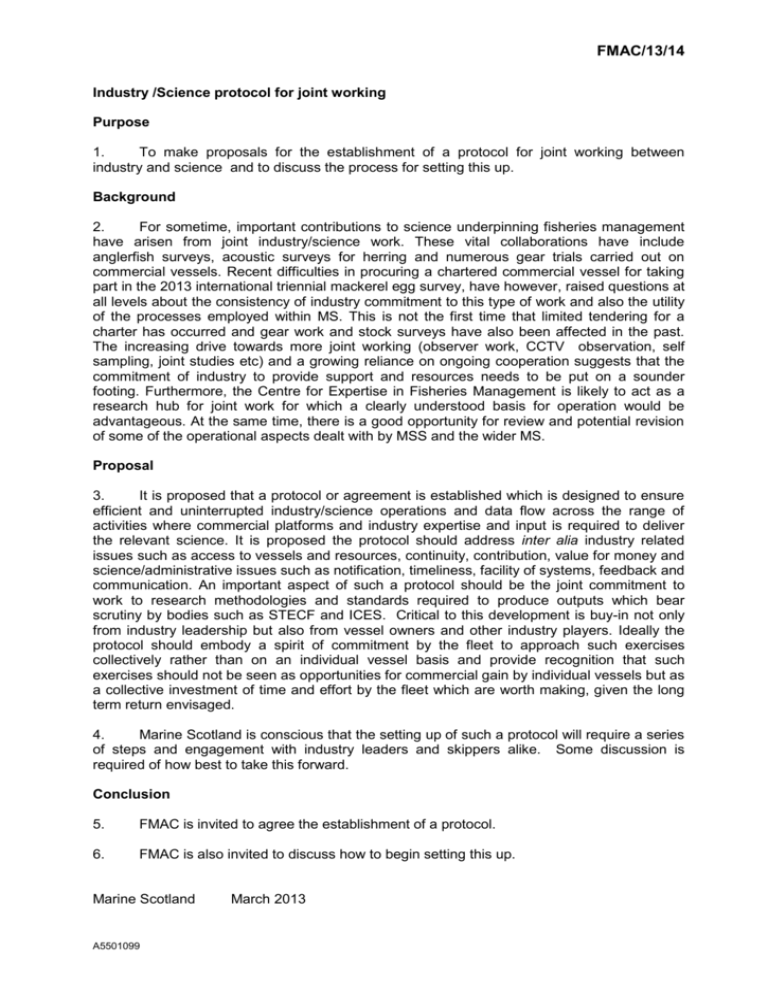
FMAC/13/14 Industry /Science protocol for joint working Purpose 1. To make proposals for the establishment of a protocol for joint working between industry and science and to discuss the process for setting this up. Background 2. For sometime, important contributions to science underpinning fisheries management have arisen from joint industry/science work. These vital collaborations have include anglerfish surveys, acoustic surveys for herring and numerous gear trials carried out on commercial vessels. Recent difficulties in procuring a chartered commercial vessel for taking part in the 2013 international triennial mackerel egg survey, have however, raised questions at all levels about the consistency of industry commitment to this type of work and also the utility of the processes employed within MS. This is not the first time that limited tendering for a charter has occurred and gear work and stock surveys have also been affected in the past. The increasing drive towards more joint working (observer work, CCTV observation, self sampling, joint studies etc) and a growing reliance on ongoing cooperation suggests that the commitment of industry to provide support and resources needs to be put on a sounder footing. Furthermore, the Centre for Expertise in Fisheries Management is likely to act as a research hub for joint work for which a clearly understood basis for operation would be advantageous. At the same time, there is a good opportunity for review and potential revision of some of the operational aspects dealt with by MSS and the wider MS. Proposal 3. It is proposed that a protocol or agreement is established which is designed to ensure efficient and uninterrupted industry/science operations and data flow across the range of activities where commercial platforms and industry expertise and input is required to deliver the relevant science. It is proposed the protocol should address inter alia industry related issues such as access to vessels and resources, continuity, contribution, value for money and science/administrative issues such as notification, timeliness, facility of systems, feedback and communication. An important aspect of such a protocol should be the joint commitment to work to research methodologies and standards required to produce outputs which bear scrutiny by bodies such as STECF and ICES. Critical to this development is buy-in not only from industry leadership but also from vessel owners and other industry players. Ideally the protocol should embody a spirit of commitment by the fleet to approach such exercises collectively rather than on an individual vessel basis and provide recognition that such exercises should not be seen as opportunities for commercial gain by individual vessels but as a collective investment of time and effort by the fleet which are worth making, given the long term return envisaged. 4. Marine Scotland is conscious that the setting up of such a protocol will require a series of steps and engagement with industry leaders and skippers alike. Some discussion is required of how best to take this forward. Conclusion 5. FMAC is invited to agree the establishment of a protocol. 6. FMAC is also invited to discuss how to begin setting this up. Marine Scotland A5501099 March 2013

